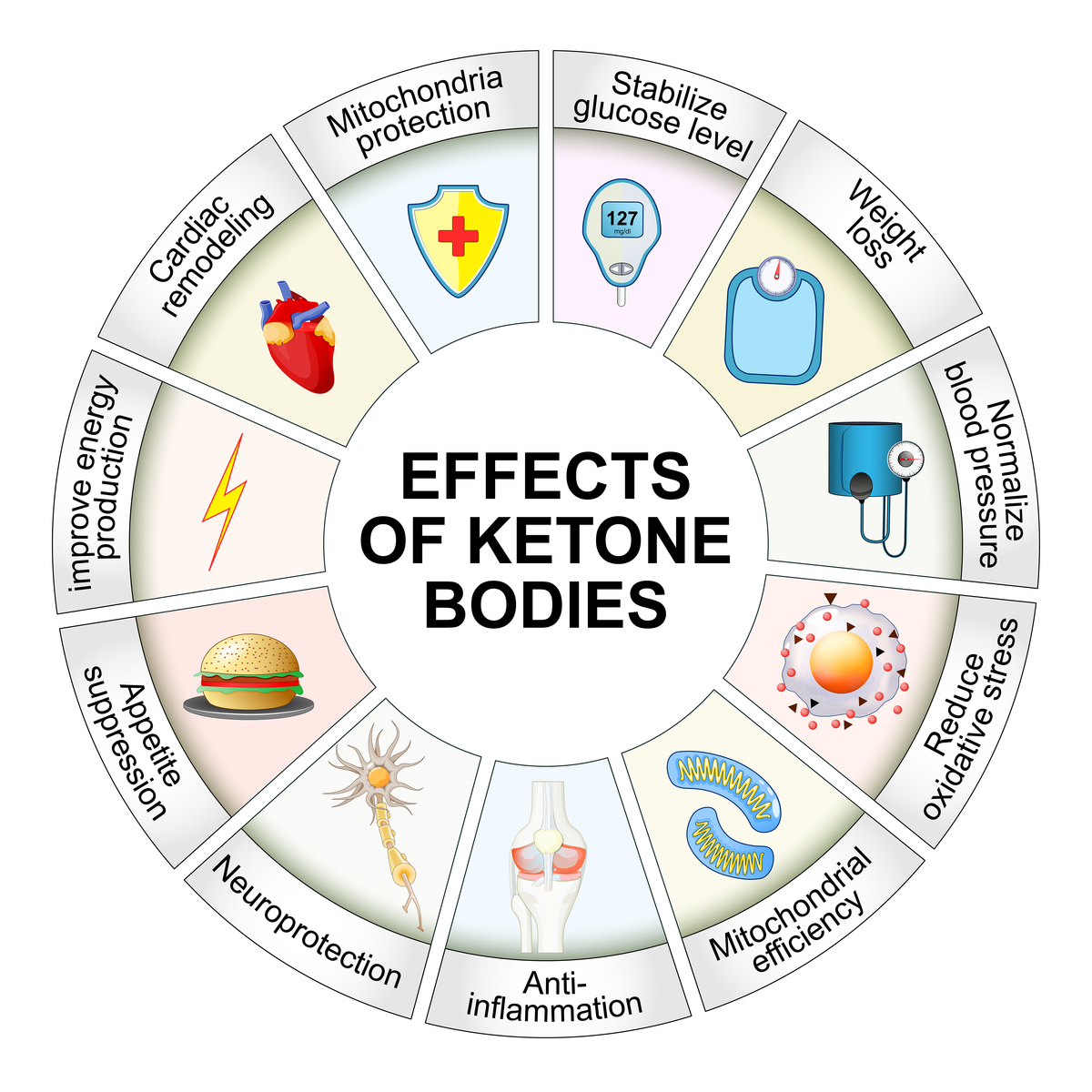Democracy and EducationEnglishVChapter01Chapter OneEducation as a Necessity of Life1 Renewal of Life by Transmission The most notable distinction between living and inanimate things is that the former
cess involves transmission of influences to other individuals that affect their activities. This is what is meant by education. Education is a process of renewing and transmitting the life of a culture.
-
Education as a Social Function. Education is a social function because it is a process of social interaction between individuals. It is not merely a process of individual development, but rather a process of social development. The individual is a product of the social environment, and education is the means through which the social environment influences the individual. Education is not only a means of transmitting knowledge and skills, but also a means of social control. It is through education that society instills its values and norms into the individual, and thus maintains social order.
-
The Nature of the Child. The nature of the child is an important consideration in education. The child is not a passive recipient of knowledge, but an active participant in the learning process. The child brings to the learning situation a set of interests, abilities, and experiences that influence the way in which he or she learns. The child's natural curiosity and desire to explore the environment are important factors in the learning process.
-
Theories of Learning. Theories of learning are important in education because they provide a framework for understanding how learning occurs. There are many different theories of learning, but they all share the idea that learning is a process of change in behavior or knowledge that results from experience. Some theories emphasize the role of reinforcement and punishment in learning, while others emphasize the role of cognitive processes such as perception, memory, and reasoning.
-
Theories of Curriculum. Theories of curriculum are important in education because they provide a framework for designing educational programs. Curriculum refers to the content and organization of educational programs. Some theories of curriculum emphasize the importance of subject matter knowledge, while others emphasize the importance of developing skills and attitudes.
-
The Democratic Ideal. The democratic ideal is an important consideration in education because education is intimately connected with the democratic process. Democracy requires an educated and informed citizenry, and education is the means through which citizens are prepared for their roles in the democratic process. The democratic ideal emphasizes the importance of individual freedom, equality, and participation in decision-making.
-
The Aims of Education. The aims of education are the goals that are pursued through the educational process. Different theories of education emphasize different aims, but some common aims include the development of knowledge and skills, the promotion of social and emotional development, and the preparation of individuals for their roles in society.
In summary, education is a process of renewing and transmitting the life of a culture through social interaction between individuals. It is a means of social control, instilling society's values and norms into the individual. The nature of the child, theories of learning and curriculum, the democratic ideal, and the aims of education are all important considerations in understanding the role of education in society

原文地址: https://www.cveoy.top/t/topic/fkJl 著作权归作者所有。请勿转载和采集!